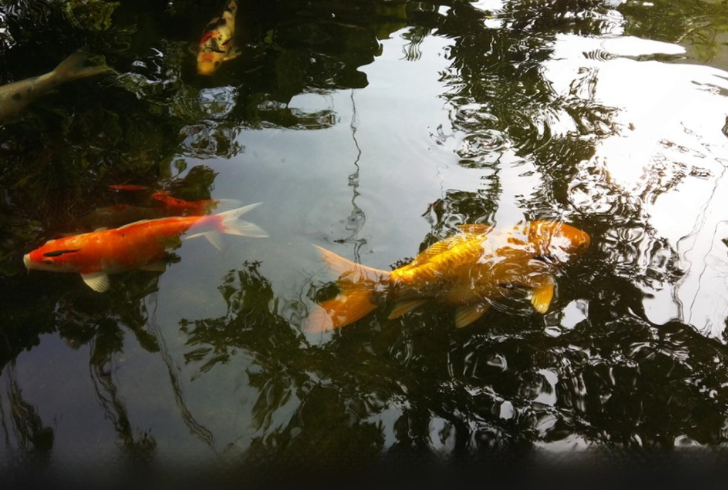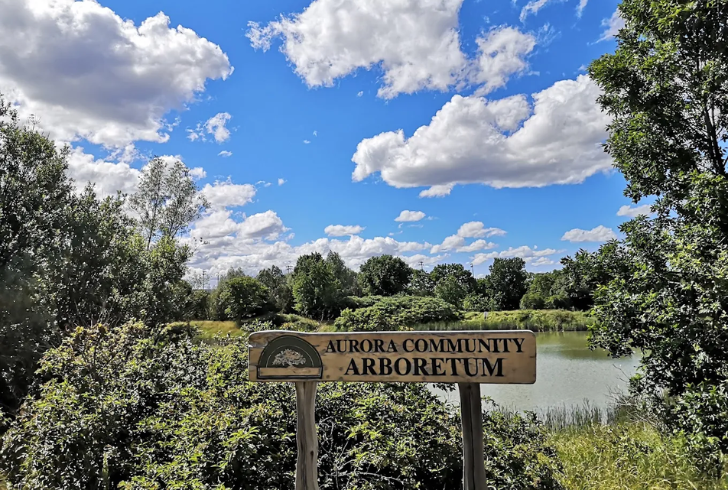Caretakers in Aurora, Ontario were surprised to find goldfish swimming beneath the surface of a quiet local pond. At first, the sight seemed innocent enough—just a splash of color, maybe a few former pets set free. But those small fish are part of a much larger problem playing out across North America, and it’s no longer just a quirky local concern.
Originally bred in East Asia for their beauty, goldfish were never meant for the wild. But over the years, they’ve been released—accidentally or on purpose—into lakes and ponds across North America. What looks like a gentle, decorative pet inside a tank becomes something much more disruptive outside of it. In ponds and lakes, they grow far larger than expected—some even requiring two hands to hold—and rapidly reproduce.

Freepik | In American lakes, pet goldfish transform into surprisingly large, fast-breeding invasive fish.
That’s where the trouble begins.
These fish are extremely hardy. They survive harsh conditions, stir up sediment on pond bottoms, and cloud the water, which harms aquatic plant life. They outcompete native fish for food, disrupt breeding grounds, and throw off the delicate ecological balance. In wetlands across upstate New York, for example, largemouth bass have been introduced just to keep the spreading goldfish population in check.
In the Great Lakes, the situation is becoming more widespread. Michigan State University researchers recently reported that goldfish are thriving in unexpected areas. They’re often dumped when owners no longer want to care for them — but even one release can lead to large populations over time. Once released, they breed quickly and adapt fast, creating ripple effects that stretch beyond their original habitat.
To address the problem, the Aurora Community Arboretum team is working with wildlife experts to understand how far the goldfish have spread and how to stop them. They've started installing warning signs near the ponds, urging visitors not to release animals into the ecosystem.
Even small gestures, like not dumping unwanted fish into local streams or lakes, can make a difference. Education plays a role, too — most people simply aren’t aware that their well-meaning actions might cause years of environmental damage.
There are creative solutions emerging in other regions. In Missouri, for instance, the silver carp—another invasive species—is being fished and repurposed for products like leather and food. Similarly, lionfish, which disrupt reef ecosystems, are now being harvested and used in fashion and cuisine.

auroraarboretum.ca | Wildlife experts and Aurora Community Arboretum staff are now collaborating to solve the growing goldfish problem.
The broader lesson is that invasive species don’t just “blend in.” They multiply, shift habitats, and compete aggressively. When animals like goldfish enter new ecosystems, native species lose out—often to the point of collapse.
Invasive goldfish may seem like a small issue, but they point to a larger problem: people introducing species into places where they don't belong. This includes not only goldfish, but plants, insects, and other animals. The consequences are often unintentional but long-lasting.
Protecting native fish and healthy waterways starts with small, everyday decisions. Choosing not to release pets into the wild—and supporting local conservation work—goes a long way. Even a single act, like rehoming a pet goldfish instead of dumping it in a pond, can make a lasting difference for aquatic ecosystems.
